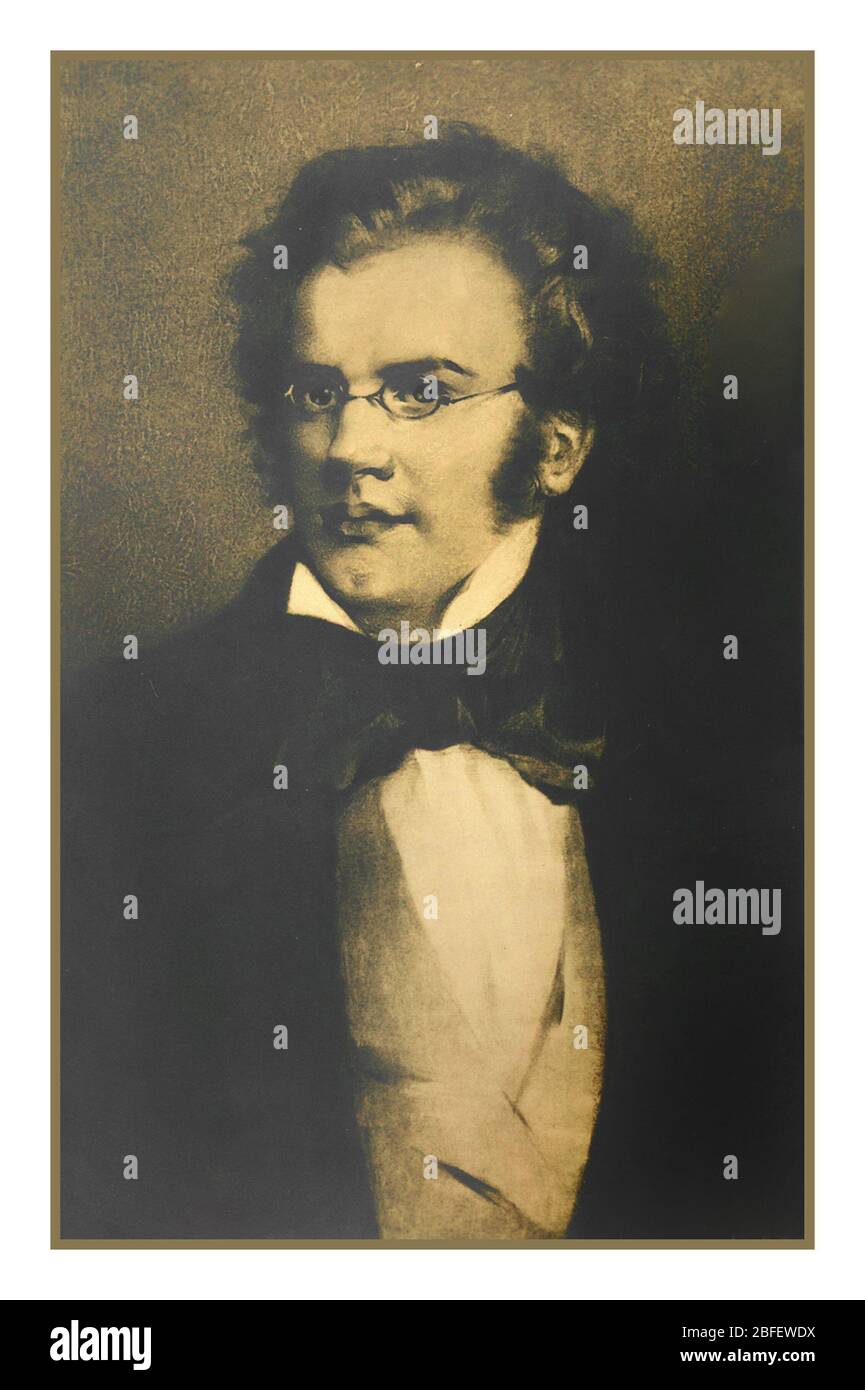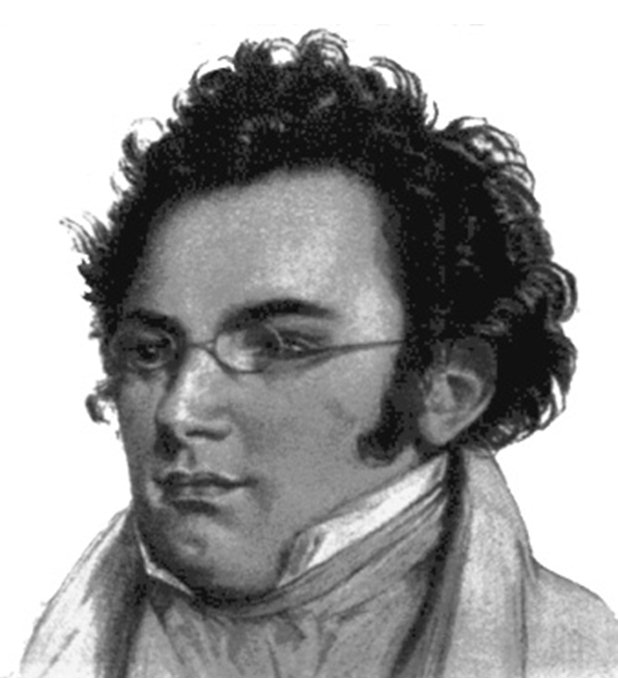

He also referred to a "supreme faith" rather than Christianity. For example, instead of referring to the partisans in the drama as French and Spanish, he labels them as Franks and Moors. Since Kupelwieser, as director of the Kärntnertor Theater, had experience dealing with Prince Metternich's censors, he appears to have engaged in self-censorship to avoid difficulties with the libretto. Kupelwieser, who did not have great experience at libretto-writing, submitted the completed libretto to the censors on July 21, 1823, and it was approved on August 19 with minor changes, well after Schubert had started work on the music. Notable deviations from the sources include the name of the Moorish prince ( Baligant in the sources, Boland in the libretto), the spelling of Fierrabras (usually "Fierabras"), and the love interest of Fierrabras' sister (Kupelwieser used Roland as her lover, where the legends have Gui de Bourgogne.) Kupelwieser had likely drawn his inspiration from German publications of the tales of Charlemagne, including an 1806 translation La puente de Mantible by Calderón. It is based on stories surrounding Charlemagne, including tales of how Fierrabras' sister falls in love with one of Charlemagne's knights, and the love interest between Charlemagne's daughter Emma and another of his knights, Eginhard. The libretto by Kupelwieser is about the adventures of the Moorish knight Fierabras, and his eventual conversion to Christianity. As a result, Schubert never saw the opera staged, or even received payment for his work. Rossini's operas were so popular that Euryanthe unsuccessfully premiered in October 1823, resulting in the shelving of plans to stage Fierrabras, and the resignation of Joseph Kupelwieser as director of the theatre, complaining of "arrogance" on the part of Barbaja. The Italian theatre director Domenico Barbaja, who had taken over the theatre in 1821, at the same time brought Rossini to Vienna to oversee production of several of his operas at the Kärntnertor Theater. Schubert fulfilled his commission with Fierrabras, Weber his with Euryanthe.

The Kärntnertor Theater in 1822 commissioned operas from Schubert and Carl Maria von Weber in a drive to increase the number of German operas in repertoire.

It had to wait until 1897 for a (relatively) complete performance.Ĭomposition history and background The commission Along with the earlier Alfonso und Estrella, composed in 1822, it marks Schubert's attempt to compose grand Romantic opera in German, departing from the Singspiel tradition. Franz Schubertįierrabras, D 796, is a three-act German opera with spoken dialogue written by the composer Franz Schubert in 1823, to a libretto by Joseph Kupelwieser, the general manager of the Theater am Kärntnertor (Vienna's Court Opera Theatre). For topics with a similar name, see Fierabras (nickname).


 0 kommentar(er)
0 kommentar(er)
